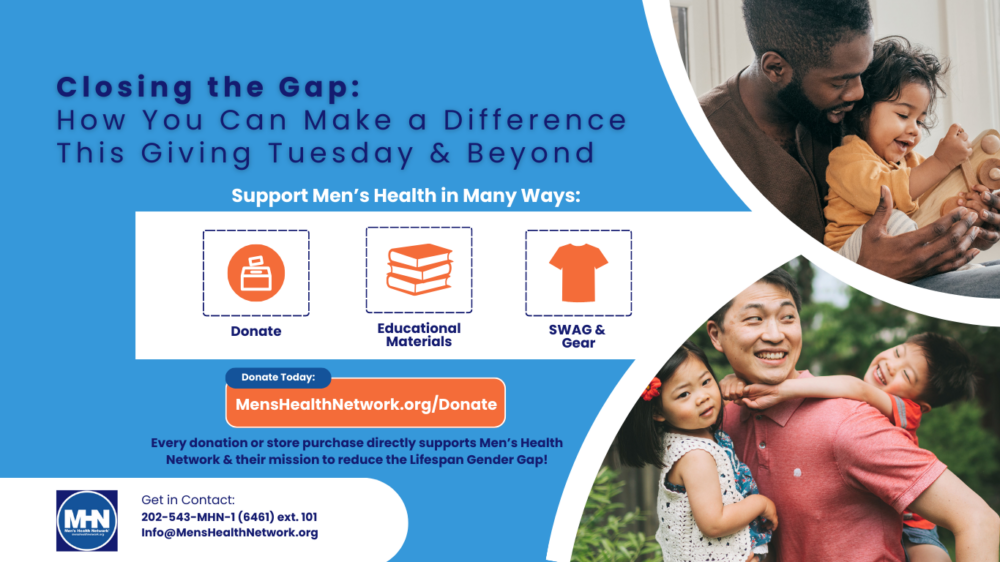It often seems that there’s a new breakthrough in medicine almost every day—sometimes even more often.  Here are several discoveries that, while in the early stages, are showing a lot of promise. We’ll keep you up to date on how these discoveries develop.
Here are several discoveries that, while in the early stages, are showing a lot of promise. We’ll keep you up to date on how these discoveries develop.
- Fish oil supplements could reduce the damage done by stress. Researcher recruited 67 men and women average age of 24 years, none of whom had high blood pressure. Before the study, researchers measured heart rate, blood pressure, and blood flow. Then, every day for the next 8 weeks, half the group took 9 grams of fish oil and the other half took 9 grams of olive oil. The researchers then subjected all of the participants to a situation that was designed to induce mental stress and re-measured all those factors. The resting numbers were pretty much the same in both fish oil and olive oil groups. But under stress, the fish oil group didn’t show as much reaction in heart rate and sympathetic nerve activity. “Overall, the data support and extend the growing evidence that fish oil may have positive health benefits regarding neural cardiovascular control in humans…” the authors conclude. She study was published in American Journal of Physiology – Regulatory, Integrative, and Comparative Physiology
- Ginger may help reduce asthma symptoms, During asthma attacks, the smooth muscles of the airways constrict. The most common treatment involves bronchodilators—drugs that open those airways up. The researchers tested whether certain chemical compounds in ginger would help. So they had one group of subjects with asthma take the bronchodilators alone and another group take the drugs with one of three ginger compounds: 6-gingerol, 8-gingerol, or 6-shogoal. In all cases, combining the standard drug with the ginger compound was more successful in relaxing the airways than the drug alone. The most successful of all was 6-shogoal. The study was led by Elizabeth Townsend, PhD of Columbia University and her colleagues. Townsend presented her findings at the American Thoracic Society’s 2013 International Conference. “Asthma has become more prevalent in recent years, but despite an improved understanding of what causes asthma and how it develops, during the past 40 years few new treatment agents have been approved for targeting asthma symptoms,” said Dr. Townsend, in the study. “In our study, we demonstrated that purified components of ginger can work synergistically with beta-agonists to relax airway smooth muscle.”
- Vitamin d may protect against uterine fibroids. Women with lower-than-adequate levels of Vitamin d had a higher risk of developing fibroids than those with the right levels. Those with the right levels (which researcher Bruce W. Hollis and his team established as 20 nanograms per milileter (20 ng/mL)) had a 32 percent lower risk of developing fibroids than those whose levels were too low. And with each 10 ng/mL increase in Vitamin d levels, the fibroid risk dropped 20 percent. Getting an hour of sun exposure a day (sunlight is a natural source of Vitamin d) also reduced fibroid risk. Hollis published the results of the study in the journal Epidemiology.
- Thistle milk may protect against melanoma, a deadly form of skin cancer. A compound in thistle milk, silybin, has been used for quite some time to prevent allergies and liver damage as well as to prevent and/or treat a variety of cancers including colon, prostate, bladder, and lung. But now the compound is showing promise as a way to prevent melanoma—the most aggressive form of skin cancer and the one that causes three quarter of all skin cancer deaths. (Skin cancer is the most common type of cancer in the U.S.). The discovery was made by a research team led Dr. Zigang Dong, is featured in the journal Cancer Prevention Research. “These research findings are especially significant because, although many common cancers are declining, the incidence of melanoma continues to rise at an estimated rate of 3.1 percent annually,” Dong said.
Please keep in mind that all of these treatments are still in the experimental stages and require a lot more study before they’re considered medically acceptable. So before taking any supplements or making any changes, be sure to check with your doctor to see whether what you’re considering is appropriate for you.



